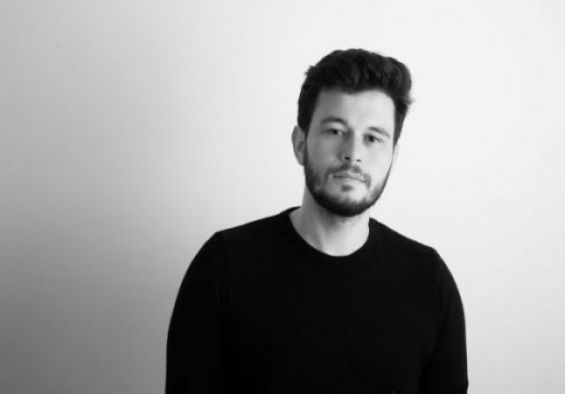Upon starting primary school in Fez, his hometown, Rachid Zerrouki did not speak French. He went on however, to study in a French school in the same city and eventually joined his parents to the Vaucluse region in France.
«By digging through family documents, we discovered that we were French through my great-grandfather, who kept the secret of his French citizenship to his grave», he told Yabiladi. Upon his father’s retirement, Rachid switched from the Moroccan public school for a the French one.
The parents decided to settle down in France, with their offspring’s best interest in mind. During his teenage years, Rachid struggled with this transition, where he had to adapt to his new life and integrate. He recalls said «period was marked by loneliness» which pushed him to find refuge in books and literature, but also «in video games and cinema».
«School was my only escape. In a new environment, we do not master the codes. I remained very attached to the institution, just like when I was in Morocco», the teacher said. This helped, in term, profoundly shape his professional life which remained strongly linked to school, his «escape».
A life dedicated to school
After high school and university, Rachid went for teaching. He obtained a master's degree in teaching from the University of Aix-Marseille. He was eventually assigned to the Les Chartreux district, known for its socially-diverse policy with children from the city as well as from small Marseille suburbs. «Over time, I realized that my classes didn't need me much to learn», he explained.
Upon realizing that his students did not experience any major difficulties with their studies, Rachid Zerrouki hoped to make himself more useful. Indeed, he decided to mentor schoolchildren with whom he would fulfill his pedagogical function as a teacher even further. Thence, the Moroccan-born teacher went for the Section for General and Adapted Vocational Education (SEGPA), intended for learners showing serious and lasting difficulties.

Rachid supervises children aged 12 to 15. Over the years, he contributed to several media such as Liberation, Slate, the Bondy Blog and many others, where he spoke on the issue of school dropout. On Twitter, he made himself known as ‘Rachid l’instit’. Following this first experience, which he believes taught both his students and himself a lot, he published a book, «Les Incasables» (the ‘impossible-to-fit-in’).
The book was meant as a response to the great enthusiasm of the teacher's readers, who have shown a keen interest in the questions his articles were dealing with.
A real testimony on the role of schools
The book is also and above all a very personal testimony of Rachid Zerrouki, an introspection. «The first ‘incasable’ that I speak of, by the way, was me, because I couldn't find my place», he told Yabiladi.
«I was lucky to have parents who had a ‘school culture’ and it was easier for me.But in front of these students, I saw the limits of the role of school in overcoming social inequalities and the lack of access for disadvantaged children.These are students who do not have a particular profile.Their school difficulties can stem from family problems, economic difficulties, reasons related to their social environment…»
This is where the term «incasable» comes from: impossible to fit in a case. It is often used in the educational field, to refer to these young people, who often need multiple types of help and care. But even dedicated workers are put to the test with these children hence the need for a specific approach.
Far from using fatalistic discourse, the teacher told Yabiladi that he was «convinced by great pedagogues who make the students actors in their own learning», but that the limits of these students consisted in particular in the absence of a thirst for learning. Himself put to the test, Rachid had to question methods he respected deeply, «to return to simpler means by adapting to the needs of the pupils and differentiating each one from the others».
.jpg)
He concluded eventually that «we must focus on each pupil, because each one has a particular educational need which is not the general one of the class». This enabled him to «understand what prevents each young person from learning, and find answers and approaches to manage his difficulties». He therefore uses «dry empathy» as an educational and pedagogical approach. Through this method, he would get «to understand the reasons for the student's behavior in order to provide appropriate answers to his needs».
Pulling «the Incasables» from public schools’ sidelines
«The Incasables» has become a written and documented tribute to the life of these students, often left aside but ‘redeemable’, as long as the educational means needed are met.
Rachid Zerrouki is now changing schools, but will keep working along the SEGPA program. «You can't just be a teacher to enable students to succeed. We are also educators and we must work on the social dimension of our role», he explained. «Creating pedagogical continuity between school and family through the teacher, making pedagogical choices and restoring a feeling of control» are the main aspects of his daily work, on a long-term basis.
Indeed, these classes allow Rachid to be «really in touch» with the essence of his profession and the needs of his students. «I feel gratitude over the time spent with my students. You have to put them to the test by setting up a secure framework, but it's satisfying to see that they manage to get out of it», he said with pride.





 chargement...
chargement...













